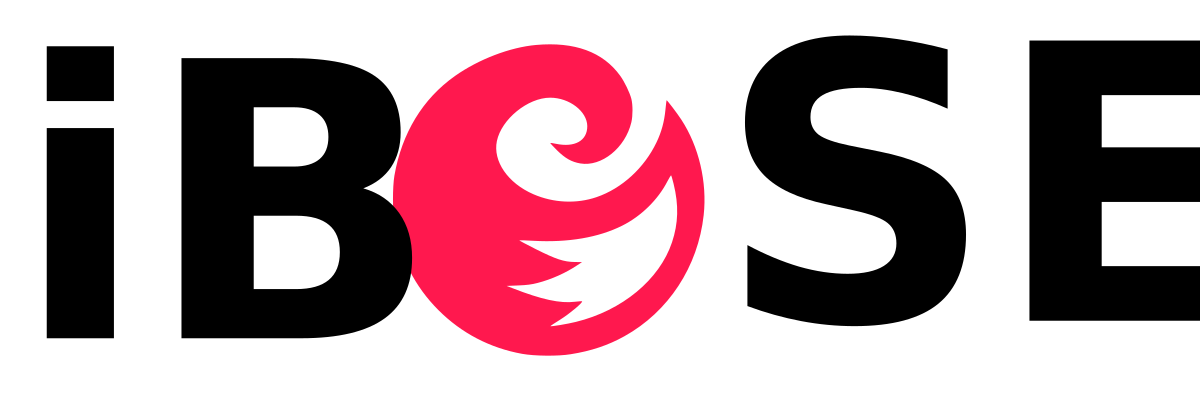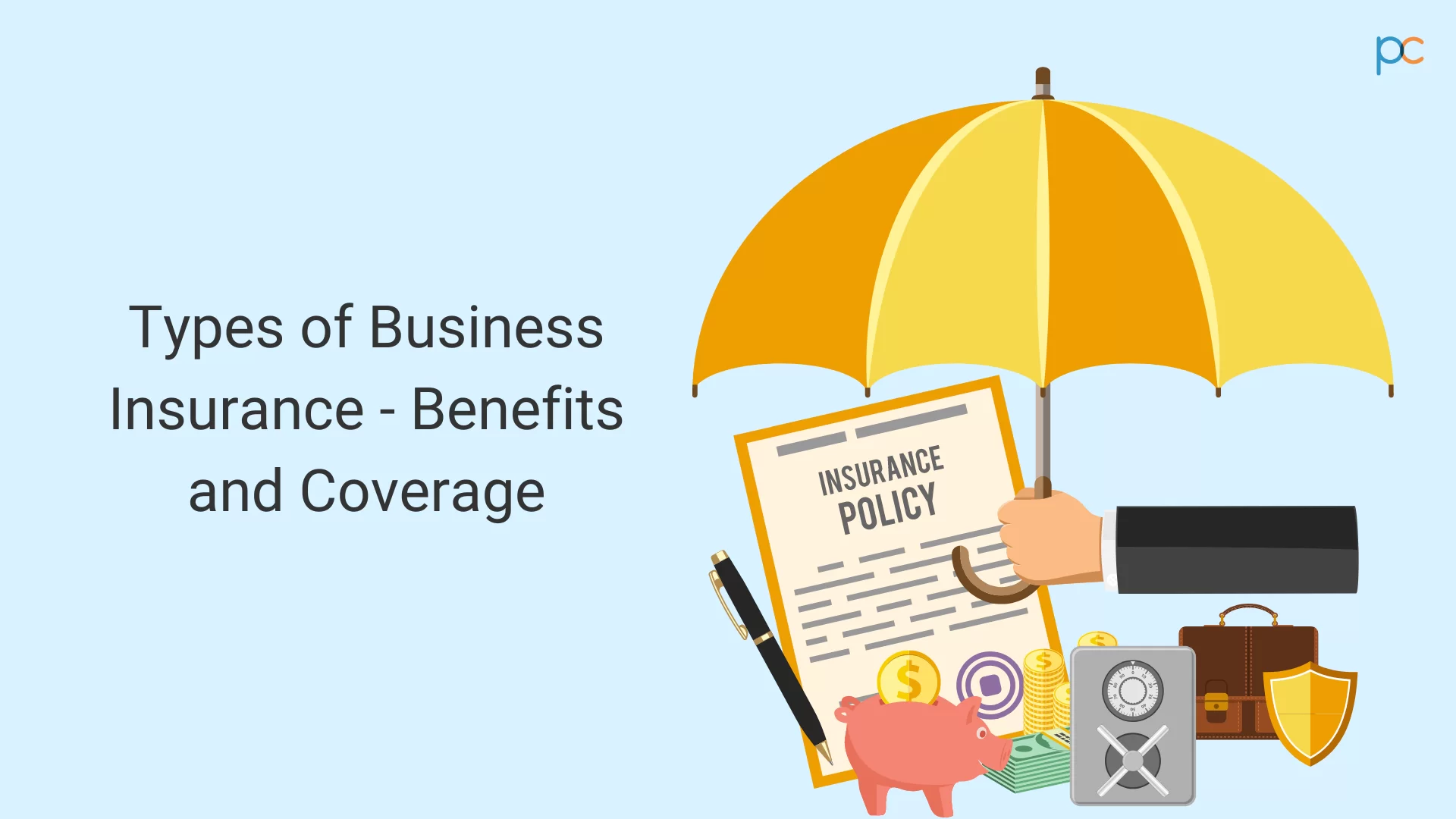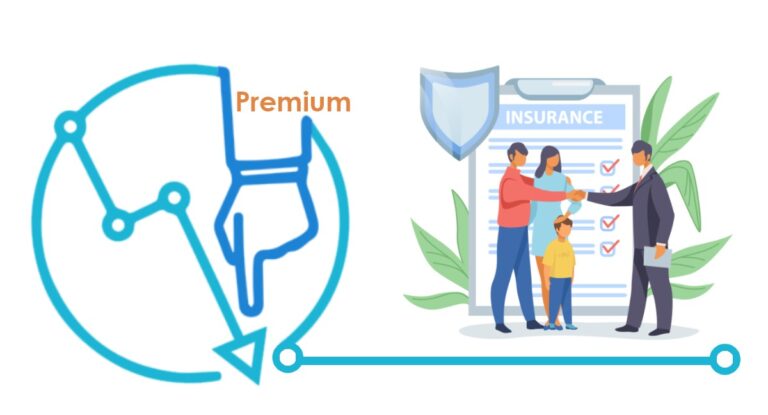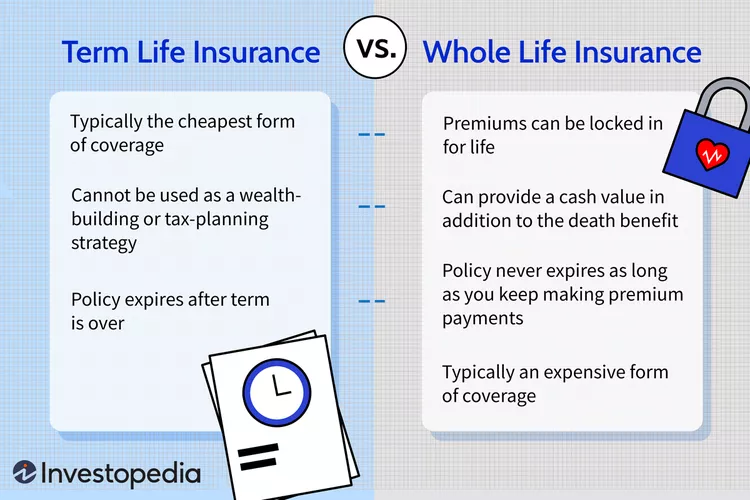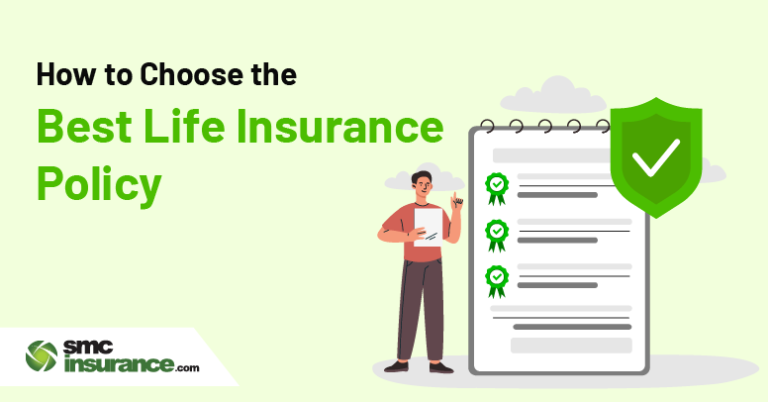Business Insurance 101: Protect Your Small Business from Common Risks
In today’s rapidly evolving business landscape, protecting your small business from risks is more critical than ever. Business insurance is essential to safeguarding your company from unexpected legal claims, property damage, and financial loss. Whether you’re just starting or have been running a business for years, understanding the ins and outs of business insurance is crucial for your company’s longevity and success.
In the United States, insurance regulations and requirements vary by state, industry, and the type of risks your business faces. This article aims to provide a comprehensive guide for small business owners to navigate the world of business insurance, ensuring you have the right coverage to protect your venture from common risks.
What is Business Insurance?
Business insurance is a collection of coverage options designed to protect businesses from financial losses due to risks such as property damage, lawsuits, employee injuries, or other unforeseen circumstances. For small businesses, business insurance can be the difference between overcoming a challenging situation or shutting down due to overwhelming costs.
Key Benefits of Business Insurance for Small Businesses:
- Financial protection from lawsuits and claims
- Coverage for property damage and loss
- Peace of mind for business owners
- Compliance with legal requirements
Common Types of Business Insurance
- General Liability Insurance General liability insurance protects your business from claims of bodily injury or property damage. This coverage is often required by law, especially if you operate in a high-risk industry, such as construction or retail. It can also help cover legal fees, settlements, and medical costs.
- Professional Liability Insurance Professional liability insurance, also known as errors and omissions (E&O) insurance, is critical for service-based businesses. It covers negligence claims related to your professional services, such as mistakes or failure to deliver on a contract.
- Commercial Property Insurance Commercial property insurance covers your business’s physical assets, including buildings, equipment, and inventory, in case of damage due to fire, theft, or natural disasters. This type of insurance is essential for businesses with brick-and-mortar locations or valuable inventory.
- Business Interruption Insurance If a disaster or unforeseen event forces your business to close temporarily, business interruption insurance helps cover lost income and ongoing expenses like rent or payroll. This coverage is particularly useful for businesses in disaster-prone areas.
- Workers’ Compensation Insurance Workers’ compensation insurance is legally required in most states for businesses with employees. It provides wage replacement and medical benefits to employees who are injured on the job.
- Product Liability Insurance If your business manufactures or sells products, product liability insurance is crucial. It protects your company from claims related to defective products that cause harm or injury.
- Commercial Auto Insurance Commercial auto insurance is necessary if your business uses vehicles for work purposes. It covers damage to your vehicles, liability for accidents, and medical expenses for injuries.
- Cyber Liability Insurance With the rise of cyberattacks, cyber liability insurance is becoming increasingly important for businesses that handle sensitive customer data. It helps cover the costs of a data breach, including legal fees, notification costs, and credit monitoring.
9. Employment Practices Liability Insurance (EPLI)
Employment Practices Liability Insurance (EPLI) protects your business from claims related to employee rights, such as wrongful termination, discrimination, harassment, or failure to promote. In the current environment, where workplace issues are highly scrutinized, this coverage is increasingly important. Even if your business follows all employment laws, EPLI can protect you from costly lawsuits. This type of insurance covers legal defense costs, settlements, and judgments, offering peace of mind when dealing with employee disputes.
EPLI is especially critical for small businesses that may not have a dedicated human resources department. With fewer resources to handle employee relations, small businesses are at a higher risk of unintentionally violating labor laws, making EPLI an essential part of comprehensive coverage.
10. Directors and Officers (D&O) Insurance
If your business has a board of directors or key executives, D&O insurance is a must-have. This type of coverage protects directors and officers from personal losses if they are sued for actions taken in their roles. Common claims covered under D&O insurance include financial mismanagement, breaches of fiduciary duty, and failure to comply with regulations.
Without D&O insurance, your company’s leadership could be personally liable, putting their personal assets at risk. Small businesses, particularly those seeking investment or funding, are more likely to attract claims against their leadership, making D&O insurance a valuable safety net.
Why Small Businesses are More Vulnerable to Risks
Small businesses are often more exposed to risks compared to larger corporations. They have fewer financial reserves, which means even a small claim or unexpected event can have devastating effects. For example, a single lawsuit could deplete a small business’s savings, while larger companies often have the resources to absorb such costs.
Additionally, small businesses may lack comprehensive legal teams or risk management departments, making them more susceptible to errors or oversights. Having the right business insurance in place can mitigate these risks, ensuring that small businesses are protected from financial ruin.
How Business Insurance Protects Against Risks
- Lawsuit Protection Lawsuits are a common and costly threat to small businesses. Business insurance, especially general and professional liability coverage, protects you from the financial impact of lawsuits. Whether it’s a claim of negligence, breach of contract, or injury, insurance will cover the legal defense costs, settlements, and judgments that arise from legal proceedings.
- Property Damage Property damage from natural disasters, theft, or vandalism can disrupt your operations and cause significant financial losses. Commercial property insurance provides the funds needed to repair or replace damaged assets, ensuring that your business can continue running smoothly.
- Employee Injuries Worker injuries are a serious concern, especially in industries like construction or manufacturing. Workers’ compensation insurance covers medical expenses and lost wages if an employee is injured on the job. It also shields your business from lawsuits related to workplace accidents.
- Product Liability If your business manufactures or sells products, product liability insurance protects you from claims that your products caused harm or injury to consumers. Without this coverage, your business could face expensive lawsuits that could threaten its financial stability.
- Cybersecurity Threats In an increasingly digital world, cyberattacks are a growing risk. Cyber liability insurance helps protect your business from the costs associated with data breaches, including legal fees, customer notification, and credit monitoring. Small businesses are especially vulnerable because they often lack the robust cybersecurity infrastructure of larger companies.
Factors to Consider When Choosing Business Insurance
When selecting business insurance, it’s important to tailor your coverage to your specific needs. Here are the key factors to consider:
- Industry-Specific Risks Each industry faces its own unique set of risks. For example, a construction company will need more robust liability and workers’ compensation insurance than a tech startup. Understanding the risks inherent to your industry will help you choose the right coverage.
- Location-Specific Risks Your geographic location can influence the type of insurance your business needs. For example, businesses in areas prone to natural disasters like floods or hurricanes will need additional coverage for those risks. It’s essential to consider regional factors when selecting your business insurance policies.
- Business Size and Structure The size and structure of your business will also impact your insurance needs. Larger businesses with more employees and assets will require higher coverage limits, while smaller businesses might get by with lower premiums.
